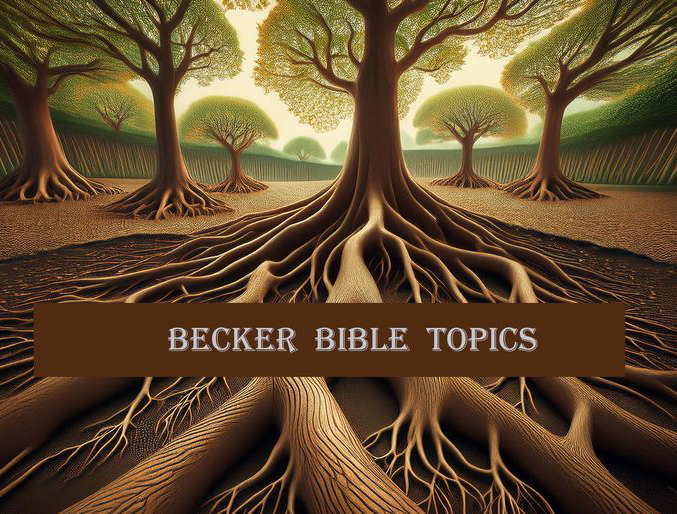
Reserved for saints… 2 Thessalonians 1:10
Flattering, shown by false teachers… Jude 16
Astounding, manifested by John… Revelation 17:6, 7


Kathy L McFarland Bible Studies, Writings, Scholarship, and Works

Reserved for saints… 2 Thessalonians 1:10
Flattering, shown by false teachers… Jude 16
Astounding, manifested by John… Revelation 17:6, 7

Of gifts to Jerusalem saints… 2 Corinthians 8:19, 20
Of spiritual gifts… 1 Corinthians 12:5; 2 Corinthians 9:12
Of government matters… Romans 13:3-5
Of new covenant… 2 Corinthians 3:6

Judgment… 1 Kings 3:28
Vengeance… Jeremiah 21:12
Justice… 2 Samuel 8:15

One of Ahasuerus’ chamberlains… Esther 1:14, I5

A city near Sodom… Genesis 10:19
Joins other cities against Chedorlaomer… Genesis 14:1-4, 8
Destroyed with Sodom and Gomorrah… Genesis 19:24-28

Father of Shaphat… 1 Chronicles 27:29

Joshua’s, to Jericho… Joshua 6:26
Saul’s, to those breaking a fast… 1 Samuel 14:24-28
Ahab’s, to the prophet Micaiah… 1 Kings 22:16
Caiaphas’, by God… Matthew 26:63
Demon’s, by God… Mark 5:7
Exorcists’, by Jesus… Acts 19:13
Paul’s charge, by the Lord… 1 Thessalonians 5:27

A city of Judah… Joshua 15:21, 36

A mighty man under David… 2 Samuel 23:8
Compare parallel passage in… 1 Chronicles 11:11

A Reubenite captain under David… 1 Chronicles 11:42